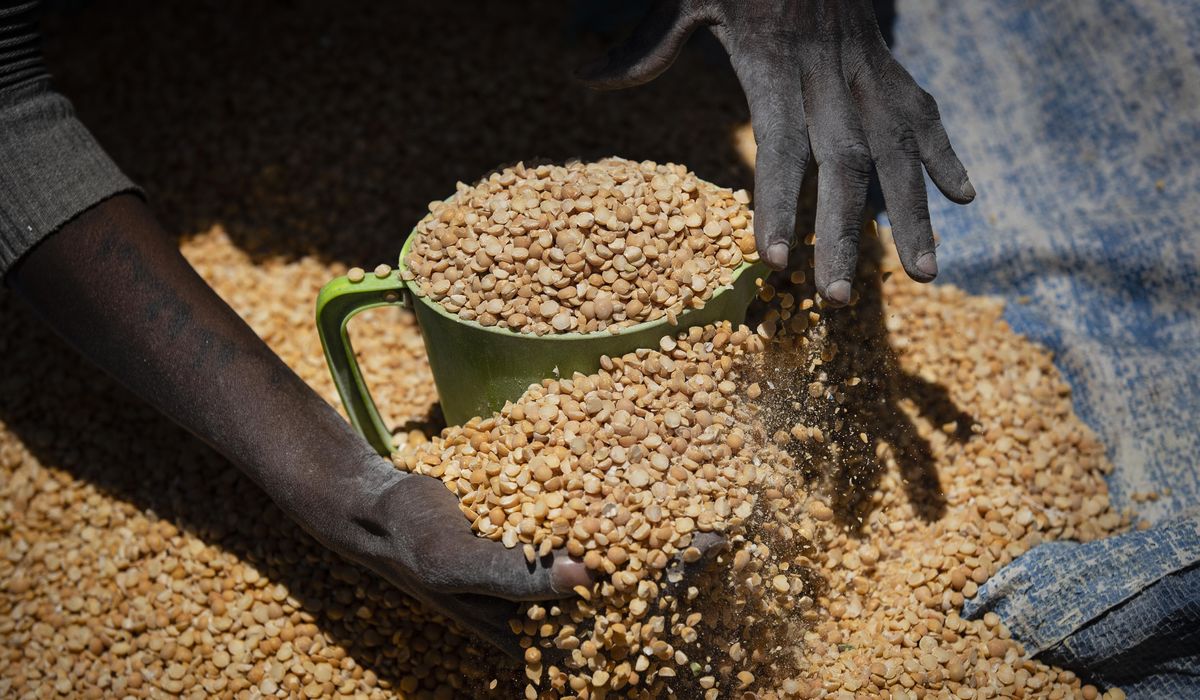


Financially strapped Americans lacking consistent access to adequate food and water are more likely to die prematurely and have shorter life expectancies at age 50, a study has found.
In the study published Monday in JAMA Internal Medicine, seven researchers analyzed 57,404 adults who participated in a national nutrition survey from 1999 to 2018. They found participants reporting marginal, low or very low food security at age 50 died an average of 2.6 years earlier than those with total access.
The findings are among the first to offer substantial evidence linking life expectancy to the availability of nutritious food, the researchers said.
“The findings of this study highlight the potential importance of improving food security in promoting population health and health equity,” Dr. Lu Qi, a co-author of the study and director of the Tulane University Obesity Research Center, told The Washington Times.
In follow-ups about nine years after the original survey, the researchers found 4,263 of the participants had died prematurely. Those with lower levels of food insecurity were more likely to have eaten junk food, smoke, drink heavily, rely on the federal Supplemental Nutrition Assistance Program and avoid physical exercise.
The study comes as multiple reports have shown food insecurity soaring nationally alongside rising grocery prices since the COVID-19 pandemic.
Consumer research firm Attest reported that 59.5% of 2,000 working-age Americans surveyed last summer said they struggled to afford food at least some of the time.
The JAMA study, released Monday, found a similar association between life expectancy and food insecurity across sexes, ethnic groups and races. However, it was stronger for women than men and for White compared to Black adults.
Researchers estimated that participants at age 50 with full food security would live another 32.5 years. That life expectancy dropped to 29.9 years for those with marginal food security, 30 years for adults with low food security and 28 years for people with very low food security.
Researchers found that women reporting marginal, low or very low food security at age 50 lived an average of 2.7 or 5.8 fewer years than those with full access to nutritious food. Cancer and cardiovascular disease accounted for nearly half that difference.
“In most cases, women have a higher level of decision-making power than men when it comes to food purchases and distribution within the family,” the researchers wrote. “This role in the family may cause more psychological burden in women when facing food insecurity, and some women may also sacrifice their own nutritional intake to meet the nutritional intake of the family as much as possible.”
• Sean Salai can be reached at ssalai@washingtontimes.com.
